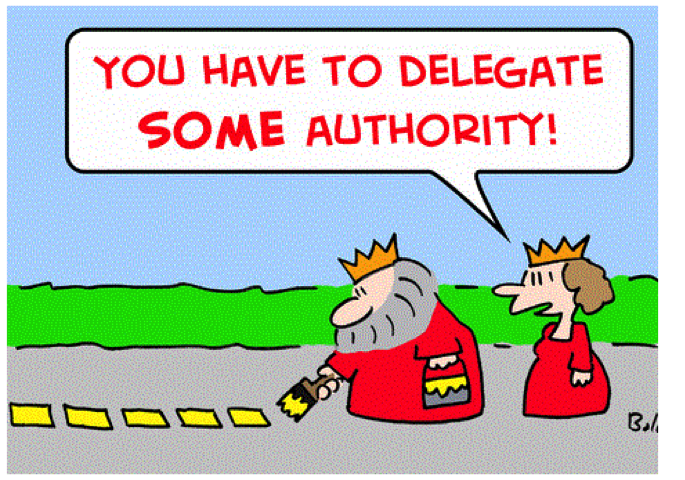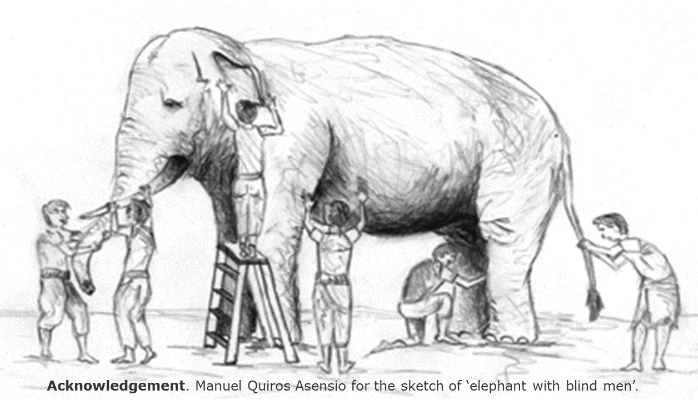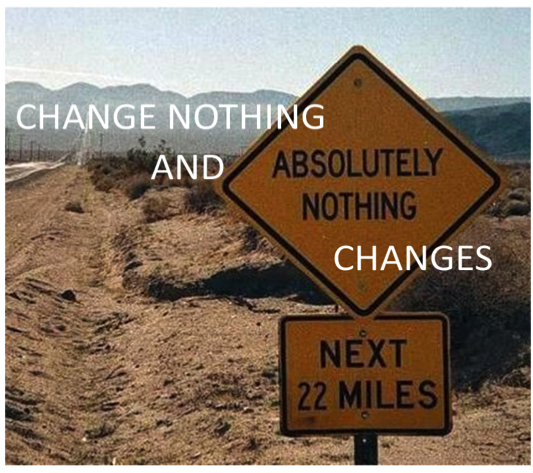Once again we are at the beginning of a new year … and everybody is talking about and sharing their “New Year’s Resolution”. I have to admit that over the years’ experience has jaded my view of resolutions and I know that many will come to nought, so I want YOU to try...
Articles
Articles
Wrong Turn Guys!
Photo by NeONBRAND on Unsplash - Thank youJohn Maxwell (Leadership author) is quoted as saying, "To add value to others, one must first value others." I believe he has a point and worryingly, I am seeing a trend where many companies are hiring based upon the least...
Switch to Plan B
I always find this time of year interesting because of the large number of parents disconsolately saying if only young Oliver / Emily / Andrew etc. had just applied themselves a little more in their exams. Now what are they going to do? – What's our Plan B? As a...
DELEGATION
Delegation – You simply can’t do everything yourself – In my line of business I often have to coach around delegation. Delegation is a fundamental skill set that everybody should develop.
Generalist or Specialist
Do you need to be a specialist or a generalist?
Should my Project Manager be Contract or Permanent?
I am often asked, “Should Project Managers be permanent staff or contractors?”
We are not so different!
Go out today and learn something new about somebody from a different race or religion. Don’t look it up on the internet! Get off your chair and go and talk to somebody of a different nationality or race or creed or religion. Try and learn something new today!
“One small step for a man, but……”
Overcoming fear and stepping into the unknown.
Nothing Changes
Nothing happens unles there is action to make it happen – let’s create some action!
Feeling Stuck?
Coping with change A couple of weeks back on a coaching call, my client related a lovely story that she had shared with some of her school children and I want to share it with you. A monkey was walking through the Jungle, when it came upon a hole in the ground. When...
Questions about Coaching
I am often asked, “What is coaching?” – Many of you have questions about coaching and I answer some of them here…
Step out of your comfort zone!
Talk about stepping out of your comfort zone!! Some thoughts to help you muster your courage for getting over the edge – you can do it!












